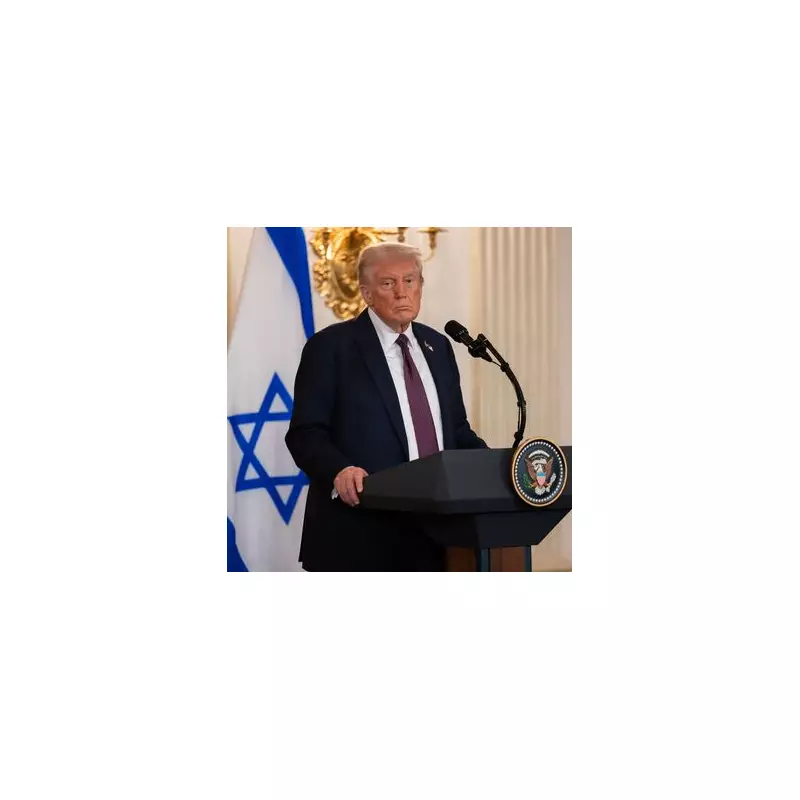
In a dramatic intervention into one of the world's most contentious conflicts, former US President Donald Trump has unveiled his vision for resolving the Gaza crisis, demanding an immediate ceasefire and proposing a controversial solution for Palestinian refugees.
The Ceasefire Ultimatum
Breaking his relative silence on the ongoing Israel-Hamas war, Trump used his Truth Social platform to declare that the fighting "has to stop immediately" and "we have to get back to peace". The bold statement represents a significant departure from his previous strong pro-Israel stance and places him at odds with current US administration policy.
Trump's Refugee Resettlement Plan
Perhaps most controversially, the former president suggested that countries bordering Gaza should absorb Palestinian refugees rather than Western nations. "Why don't they take them into their countries?" Trump questioned, specifically mentioning Egypt and other neighbouring states.
This proposal echoes similar comments made during his presidency regarding Syrian refugees and aligns with his longstanding immigration principles of prioritising regional solutions over Western resettlement.
Scathing Criticism of Israeli Strategy
In a remarkable critique of Israel's military approach, Trump described their public relations efforts as "absolutely terrible" and accused them of losing the "PR war". He specifically referenced footage of buildings being bombed in Gaza as damaging to Israel's international standing.
"They're fighting a war, but they're fighting a war that from a public relations standpoint—they're losing," Trump stated, highlighting the tension between military objectives and global public opinion.
Political Implications and Timing
The intervention comes at a critical moment, with Trump positioning himself as the likely Republican nominee for the 2024 presidential election. His comments signal a potential shift in US Middle East policy should he return to the White House and represent his most detailed remarks on the current conflict to date.
Trump's proposal contrasts sharply with the Biden administration's approach, which has emphasised humanitarian pauses rather than an immediate ceasefire and maintained closer alignment with Israeli military strategy.
International Reaction and Next Steps
While the immediate response from regional powers remains unclear, Trump's plan is likely to spark intense debate among Middle East analysts and policymakers. The former president's ability to influence the conflict from outside office demonstrates his enduring impact on global diplomacy and sets the stage for what could become a central issue in the upcoming US election campaign.






